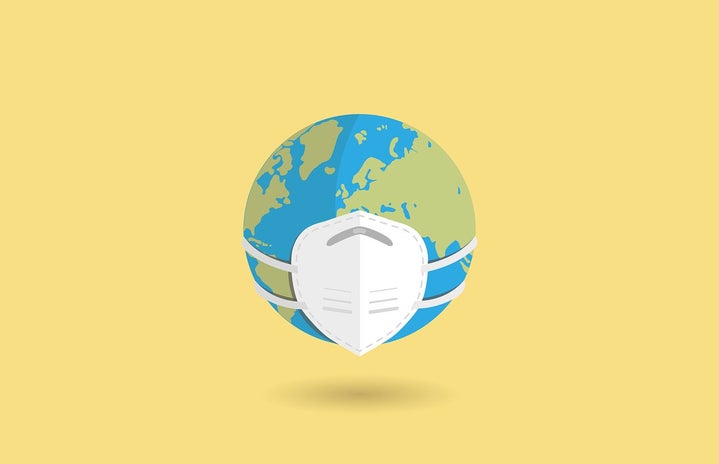Since COVID-19 was introduced in the United States around March 2020, the virus has obviously affected and changed the way everyone lives their day to day life, however not everyone’s quarantine was spent making whipped coffee’s and adopting new workout routines from Youtube. With a lot of American’s on unemployment and facing evictions, this pandemic has definitely not been the stay-at-home-dreamscape that parts of the internet have been romanticizing. There is a lot of evidence that shows us minorities have been disproportionately facing the hardships from the pandemic, like discrimination, problems with access to healthcare, and income and housing insecurities.
Before the virus was even introduced minorities had already been facing systematic problems of discrimination in the healthcare system. University of Michigan Health Lab says, “Black and Hispanic Americans are still less likely than non-Hispanic whites to have health coverage, and more likely to avoid care because of cost.” It can be extremely frightening to be in this pandemic while not having easy and free access to medical care, especially when reading about so many cases that have been fatal. In research done by Brookings, it shows that while Black people make up 28% of South Carolina’s population, they make up 36% of positive COVID cases – and according to South Carolina’s Institute of Public Health they make up 45% of deaths by COVID in South Carolina. Some may blame this on underlying health conditions that are possibly more common among minorities, but underlying conditions have existed amongst all races. This does not change the fact that minorities are always disproportionately suffering because of this and COVID is bringing that to our attention now more than ever. We are seeing flaws in the healthcare system among minorities in our community and making a discussion for change.
The best way to avoid contracting this virus has been to limit your chances of exposure by staying home and limiting social interaction. Realistically not everyone is in the position to do this because they have occupations that make it mandatory for them to be around others and they depend on the income. According to CNBC, 63% of Americans have been living paycheck to paycheck since the pandemic began, meaning well over half of our country cannot risk losing out on the income of these jobs. These workers are labeled essential and have been celebrated and thanked for the importance their jobs have had, meanwhile the restrictions have been lifted forcing them to work in these conditions in order to have an income. People have taken to protesting the masks, proclaiming that wearing them is infringing on their freedoms. This has resulted in them having outbursts inside grocery stores when being asked to remove them, making the lives of workers even more stressful. According to The Economic Policy Institute , people of color make up 50% of essential workers in food and agriculture and 53% in industrial, commercial, residential facilities and services. This puts them at an increased risk for catching the virus causing them to miss out on work, putting them way behind on rent and other bills. Minorities should not have to carry the burden of potentially losing their homes when they are recovering from a virus that has been fatal.
The disparities we see amongst minorities calls for systematic change, however there are still ways you can help independently. It has been preached from the beginning to wear your masks, socially distance, and limit your social interactions as best as you can, but throughout the summer we have also seen a growing use of GoFundMe’s and other organizations to donate and help communities that have seen the worst of the pandemic. Right now these organizations could be the backbone of healthcare and financial support for minorities who have seen the worst of the pandemic.


